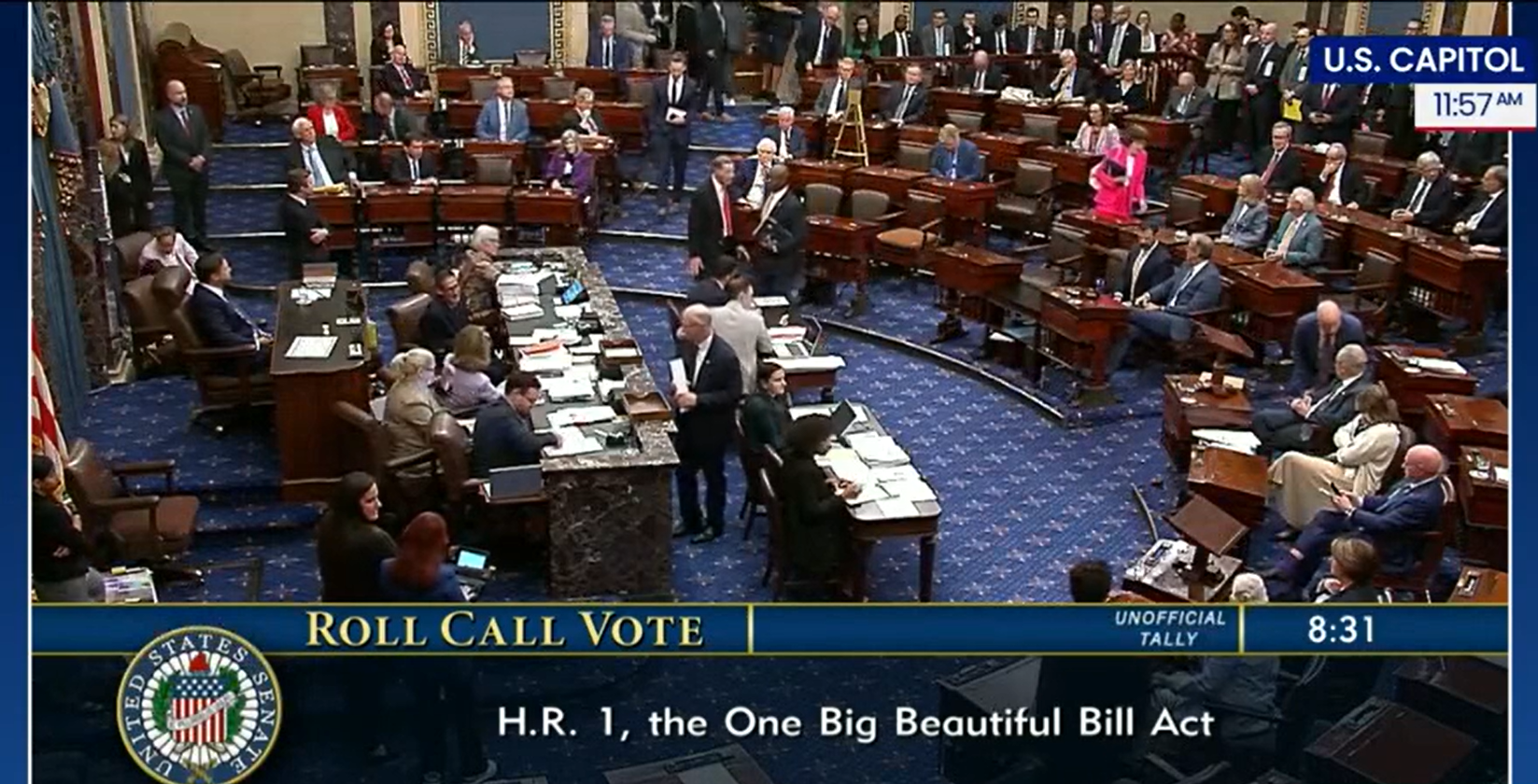Capitol Correspondence - 02.09.21
What’s Happening with COVID-19 Relief in Congress?
Share this page
Stay Informed on the Latest Research & Analysis from ANCOR
More News
Capitol Correspondence - 07.01.25
U.S. Supreme Court Issues Decision to Limit Nationwide Injunctions

Capitol Correspondence - 07.01.25

